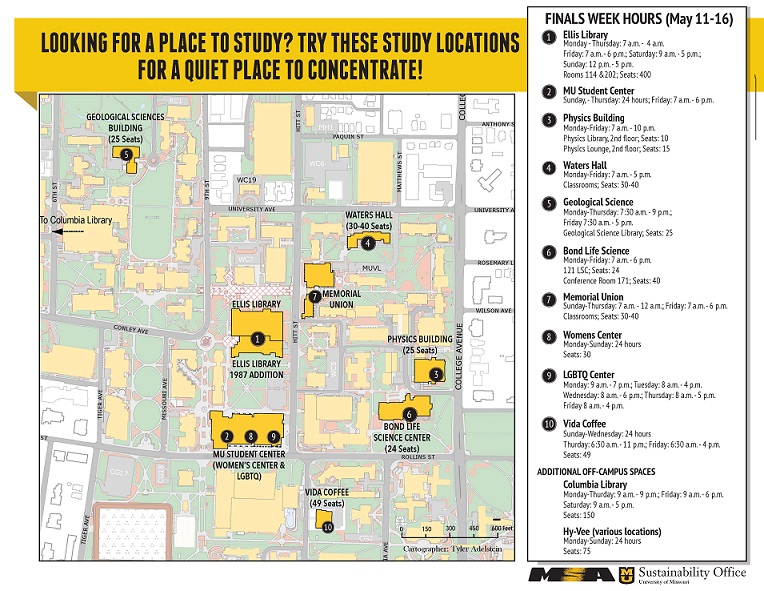Thursday, May 29 & Friday, May 30, 2014
REGISTER: To register click on specific workshop: https://libraryguides.missouri.edu/upcomingclassesworkshops
Thursday & Friday: All Workshops take place online using Blackboard Collaborate
__________________________________
Thursday May 29, 9:00-10:30 AM [ONLINE]
· Literature Review & Beyond: Tips & Tricks for Research
Learn some of the more sophisticated features of database searching to yield the results you want. Using a variety of databases, we'll focus on practical techniques that can save you time and effort.
Goodie Bhullar, Library Instruction Coordinator; Rachel Brekhus, Humanities Librarian
Thursday May 29, 11:00-11:30 AM [ONLINE]
· Stay Current with Browzine!
Easily read and follow your favorite scholarly journals from the MU Libraries with Browzine from your iPad or Android tablet.
Rhonda Whithaus, Electronic Resources Coordinator
Friday May 30, 1:00-2:30 PM [ONLINE]
· Creating Bibliographies with Zotero
Zotero is a free, simple, open-source tool for organizing, managing and formatting bibliographic citations. Learn to extract citations from PDFs and web pages at the click of a button, and create in-text references and bibliographies.I I
Rachel Brekhus, Humanities Librarian
Friday May 30, 3:00-4:30 PM [ONLINE]
· Creating Bibliographies with EndNote
EndNote is a powerful program for storing citation data and producing in-text citations and bibliographies in a plethora of formats. Learn how to put this tool to work for your academic writing.
Mike Muchow, Humanities Librarian; Ashley Nelson, Science Librarian
Questions: Goodie Bhullar, bhullarp@missouri.edu
